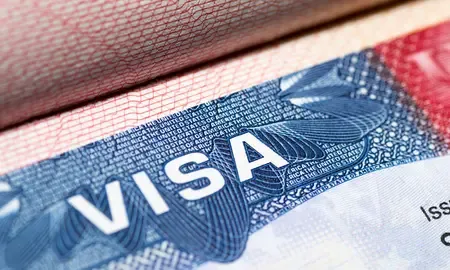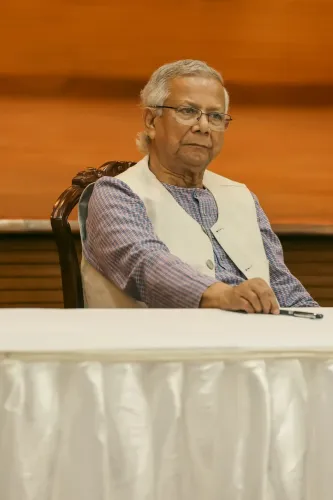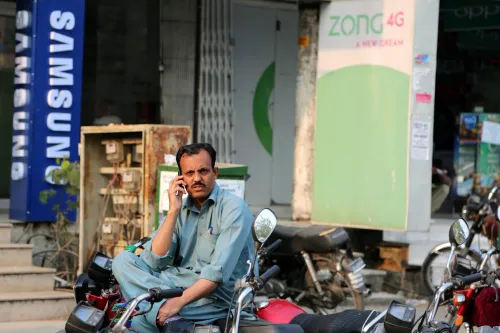Is the H-1B Visa Fee Applicable Only to New Petitions?

Synopsis
Key Takeaways
- The new fee for H-1B visas is a one-time charge applicable only to new petitions.
- The policy aims to discourage companies from misusing the visa system.
- Approximately 73% of approved H-1B visas in 2023 went to Indian workers.
- The fee will be implemented in the next lottery cycle.
- The initiative aims to prioritize American workers in the job market.
Washington, Sep 20 (NationPress) Following the proclamation signed by US President Donald Trump to drastically limit the H-1B visa program, the White House provided a clarification to IANS on Saturday, emphasizing that this one-time fee is applicable solely to new visas, excluding renewals or existing visa holders.
“This fee is a one-time charge that pertains only to the petition. It ONLY affects new visas, not renewals or current visa holders. Implementation will commence in the upcoming lottery cycle,” stated a White House official to IANS.
A spokesperson from the White House further reiterated to IANS that this policy is designed to discourage companies from misusing the system.
“President Trump is committed to prioritizing American workers, and this pragmatic measure achieves that by curbing corporate misuse of the system while protecting wages. It provides stability for American businesses genuinely interested in hiring highly skilled professionals,” mentioned Taylor Rogers, the White House Spokesperson.
During the proclamation signing at the White House on Friday, Trump remarked, “The incentive is to hire American workers.”
“We require capable workers, and this policy essentially guarantees that,” Trump added.
Commerce Secretary Howard Lutnick supported the initiative, stating that it aims to dissuade companies from employing foreign labor.
“The objective is clear: no longer will major tech companies or other large firms train foreign employees. They will incur a $100,000 fee, in addition to compensating the employee. This is simply not economically viable. We need to focus on training recent graduates from our prestigious universities. Let’s prioritize Americans over foreign labor. This is the essence of the policy: a $100,000 annual fee for H-1B visas,” he explained.
According to data from Pew Research, approximately 73 percent of the total approved H-1B visas in 2023 were granted to workers from India, followed by China at 12 percent, largely due to a substantial backlog in approvals and a high influx of skilled immigrants from India.









